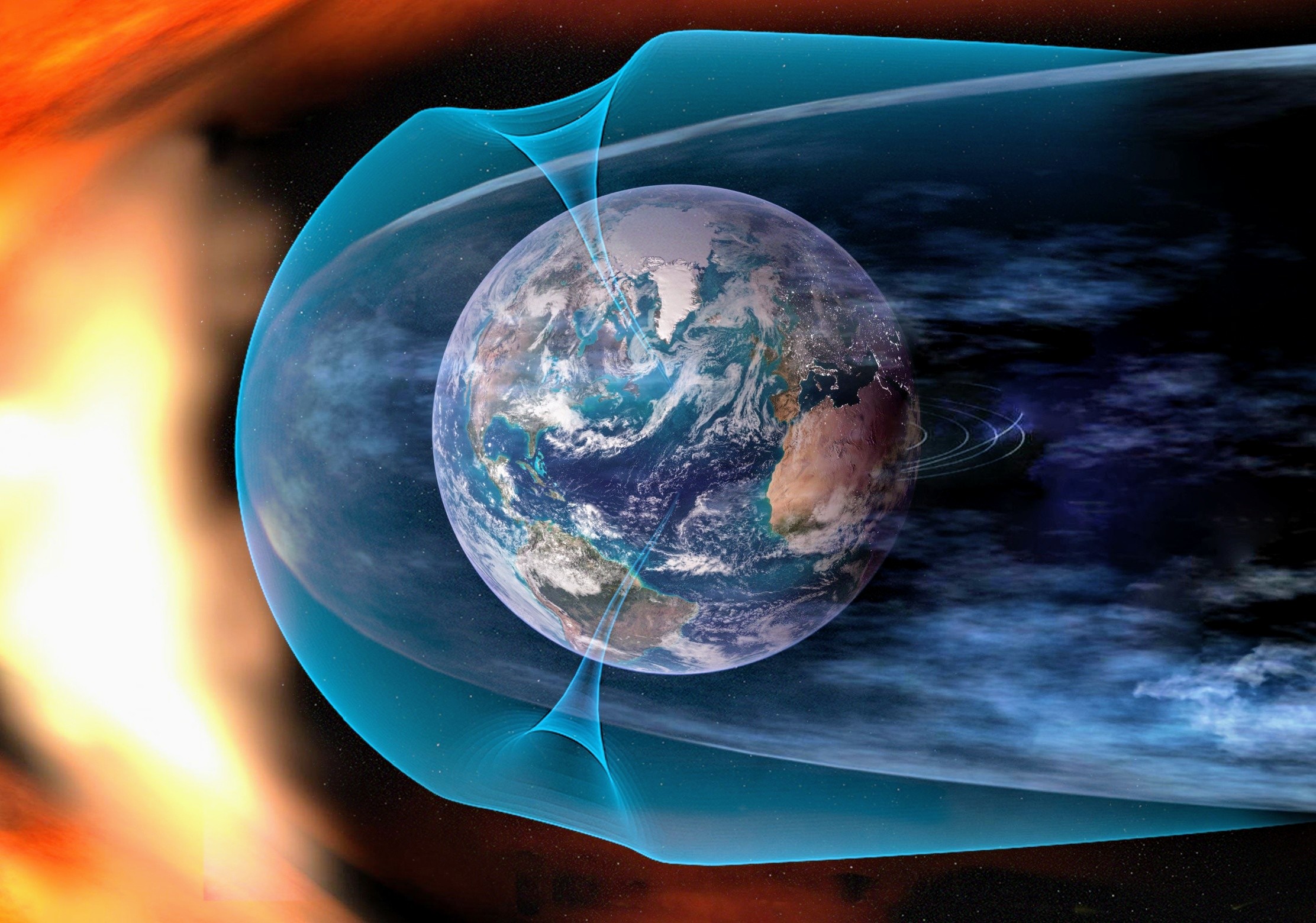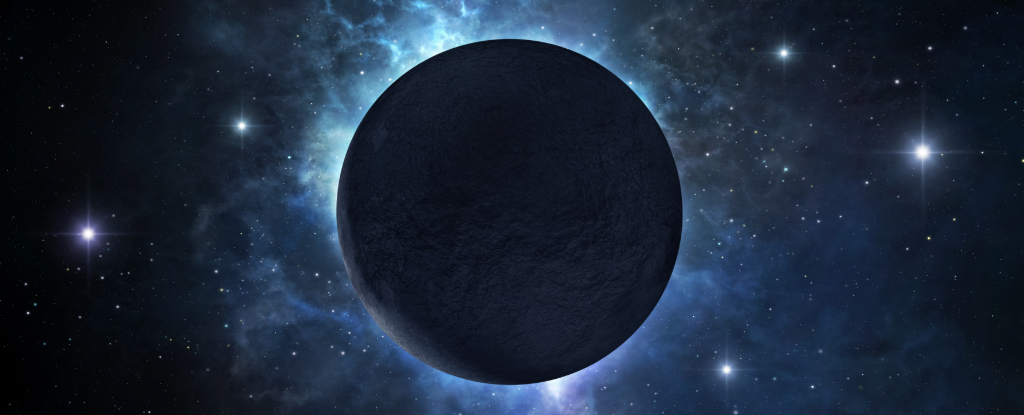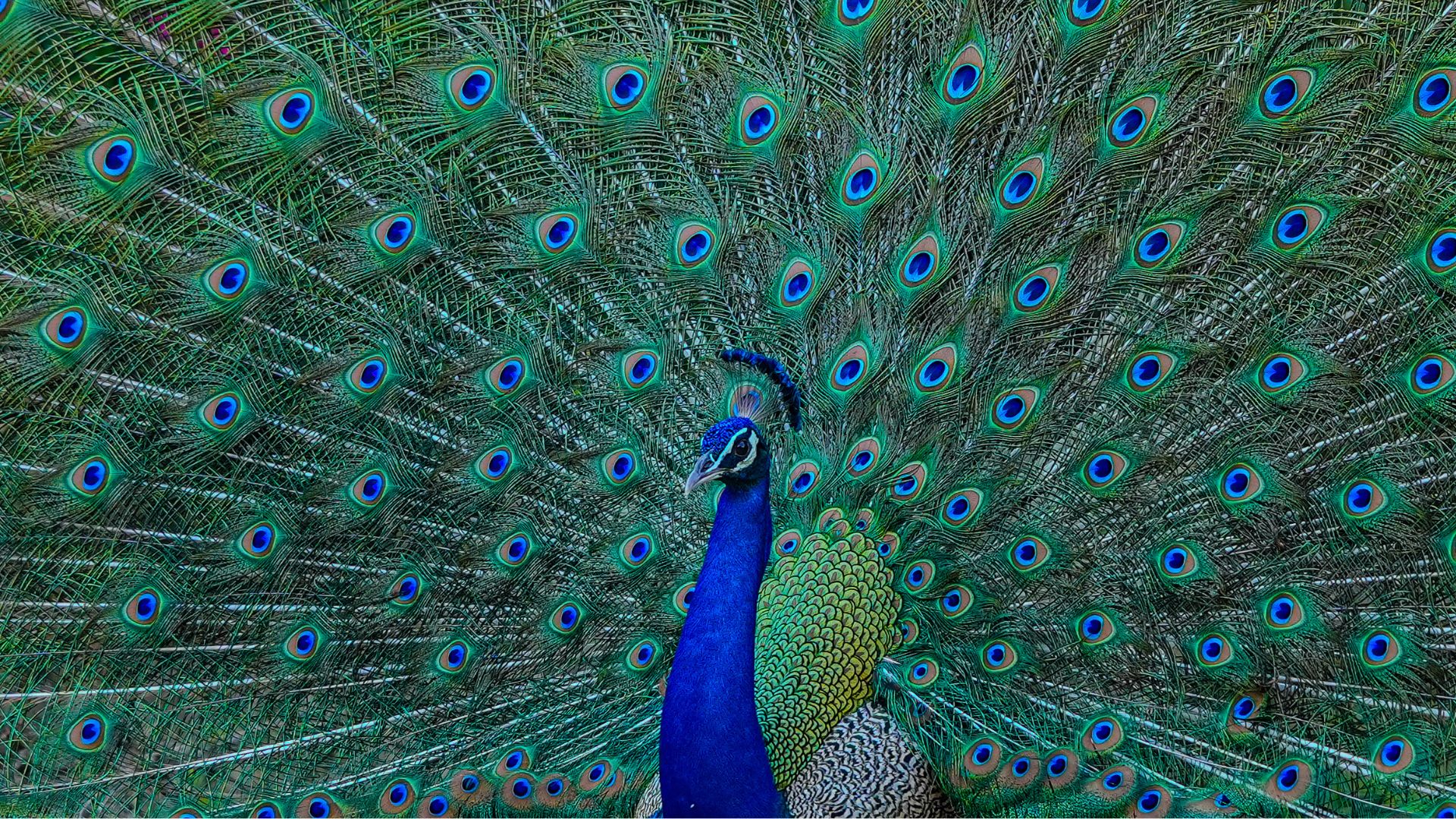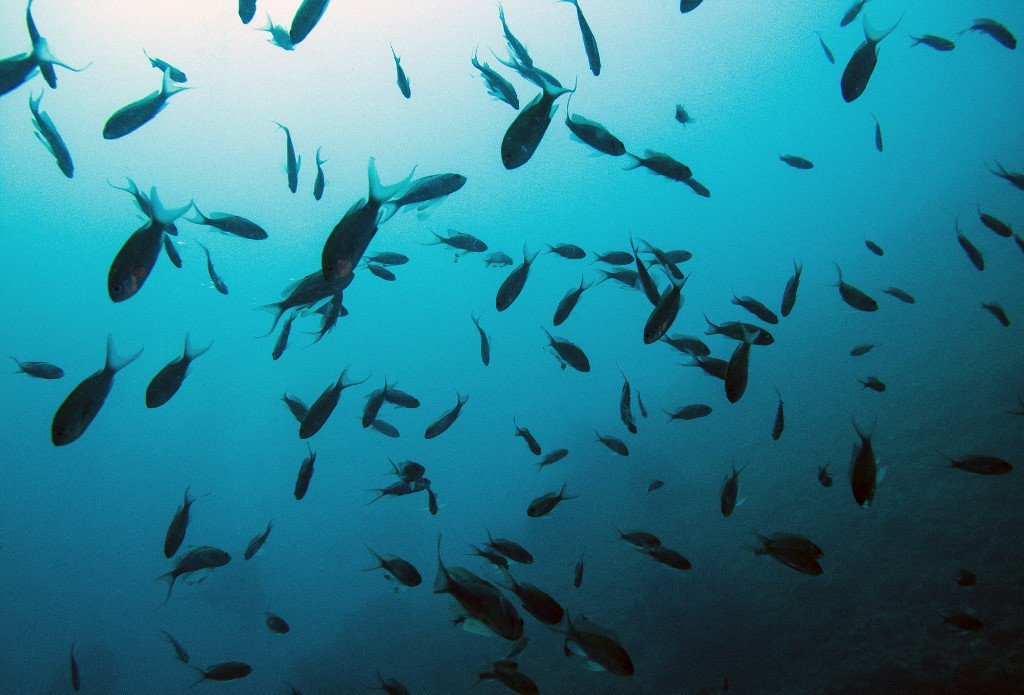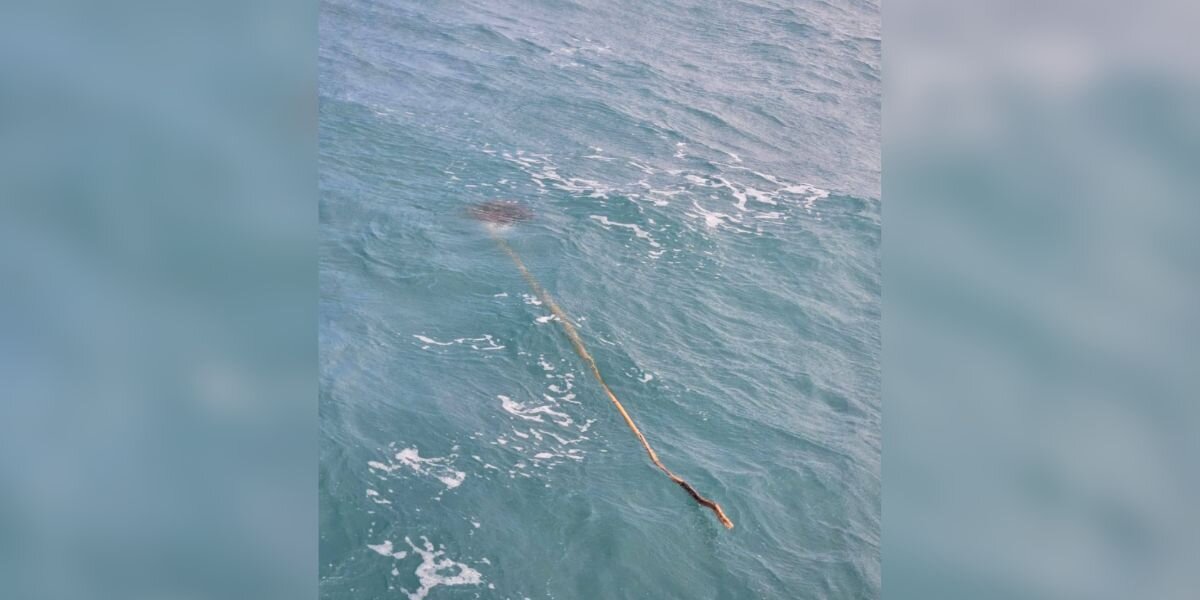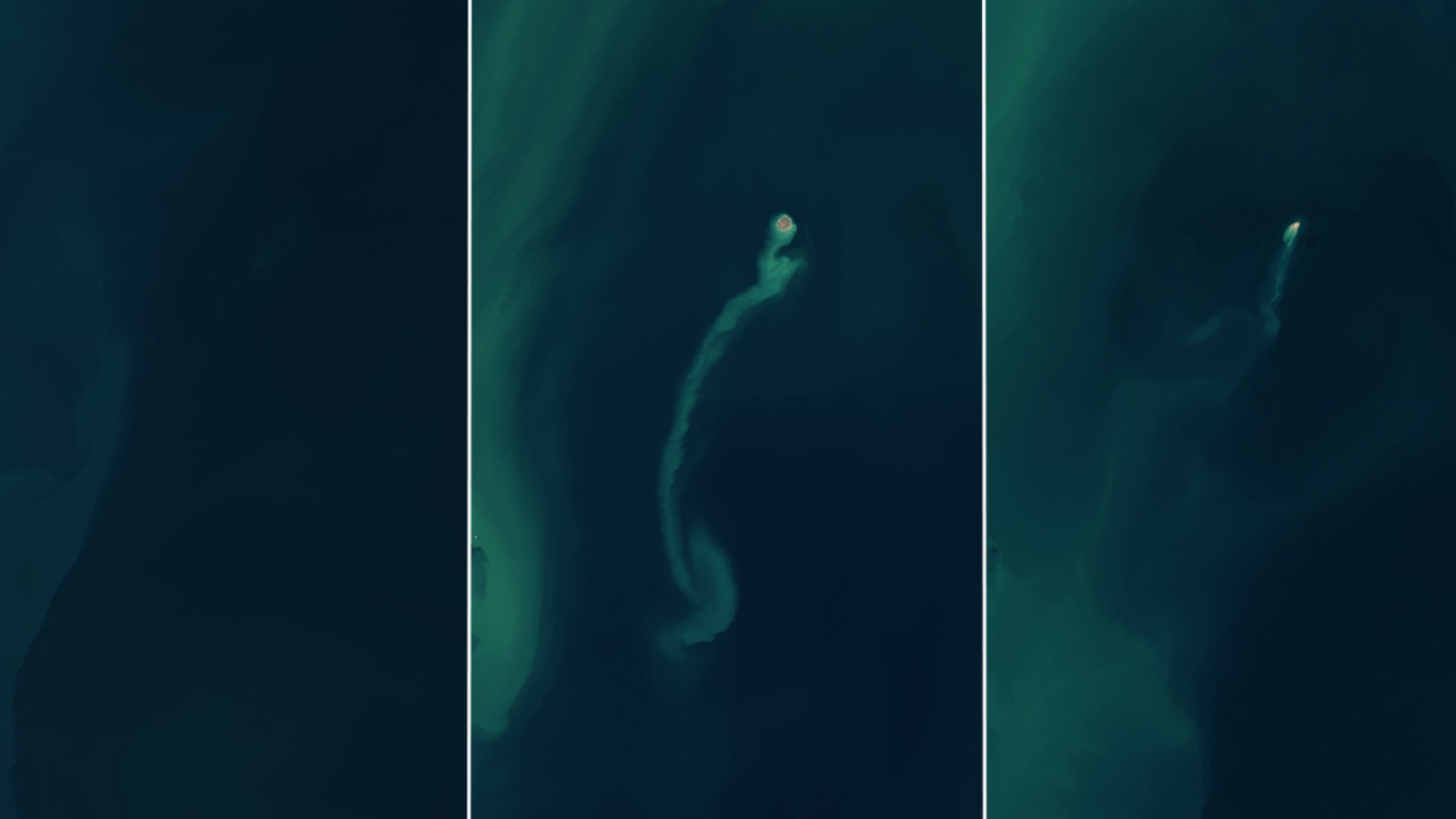Penguin Poop: An Unlikely Ally in Combating Climate Change in Antarctica
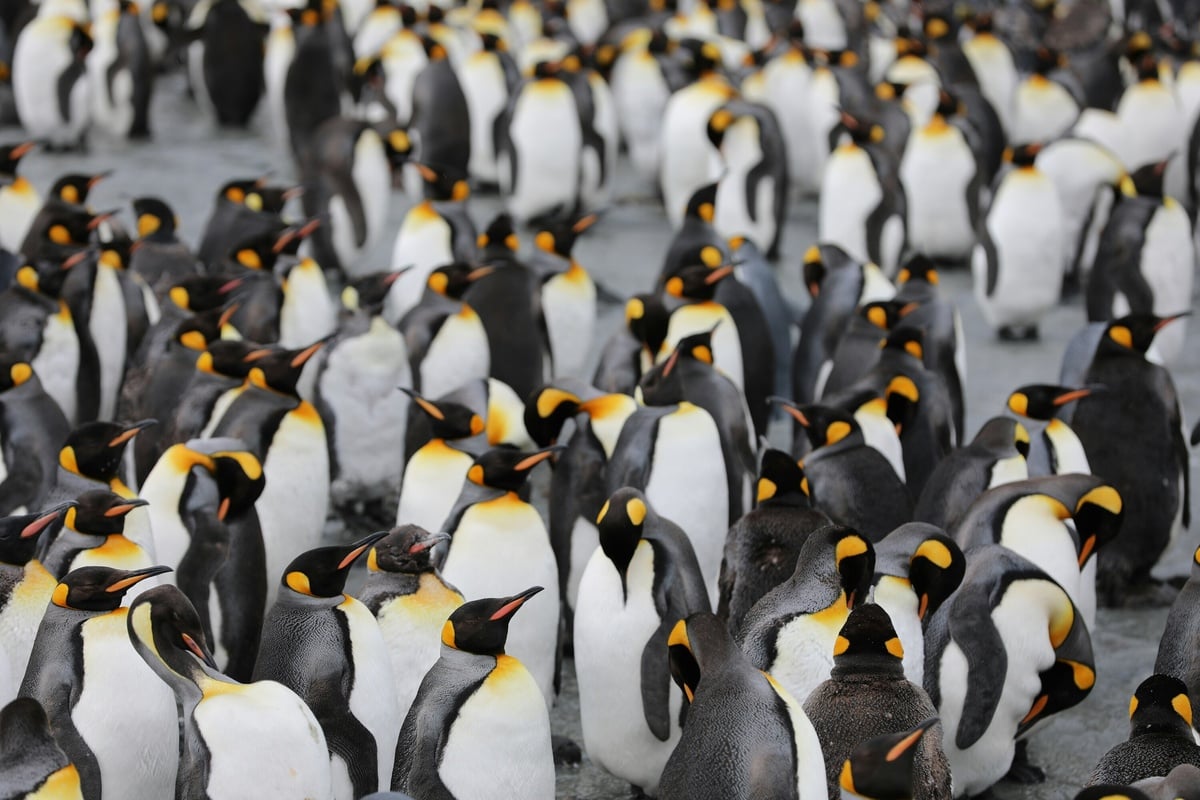
Antarctica's icy wilderness is undergoing rapid warming, a troubling trend fueled by human-driven climate change. However, recent research reveals an unexpected ally in the battle to maintain the continent's frigid climate: penguin poop. A study published this week in the scientific journal Communications Earth & Environment highlights how ammonia released from penguin guano contributes to cloud formation, potentially helping to shield Antarctica from the sun's warming rays.
Lead author Matthew Boyer, who is an atmospheric scientist at the University of Helsinki, explained that laboratory studies have previously demonstrated how gaseous ammonia can facilitate cloud formation. Yet, this is the first time researchers have quantified this specific process in the unique environment of Antarctica. The findings underscore the importance of understanding the ecological role that penguins play in their habitat, especially in light of the challenges they face due to climate change.
Antarctica serves as a natural laboratory for these types of studies. The continent is characterized by its lack of human pollution and limited vegetation, which are both known sources of cloud-forming gases. It is primarily the penguin colonies that act as significant ammonia emitters in this pristine environment. This unique aspect makes the research findings particularly compelling, as they suggest that not only do penguins have a critical role in their immediate ecosystem, but they may also influence broader climatic conditions.
However, the future of penguins is increasingly precarious. The alarming decline in sea ice due to climate change is disrupting their nesting, feeding, and predator-avoidance behaviors, which raises urgent questions about their survival. Understanding the broader ecological implications of penguin populations is essential, especially as they, along with other seabirds such as Imperial Shags, continue to expel substantial amounts of ammonia through their droppings. This waste, a potent mixture of feces and urine released through their cloacas, plays a crucial role in the ecosystem.
When the ammonia from penguin guano interacts with sulfur-bearing gases released by phytoplankton—tiny algae that thrive in the nutrient-rich surrounding waters—it significantly enhances the formation of aerosol particles. These particles are essential for cloud development, which in turn can help reflect sunlight away from the Earth and maintain cooler temperatures.
In summary, while penguins face significant threats from climate change, their contributions to the formation of clouds through ammonia emissions may provide a glimmer of hope in our understanding of how to combat the effects of global warming in polar regions. As researchers continue to study this phenomenon, it remains clear that protecting these remarkable birds is vital, not only for their survival but also for the health of the Antarctic ecosystem as a whole.












